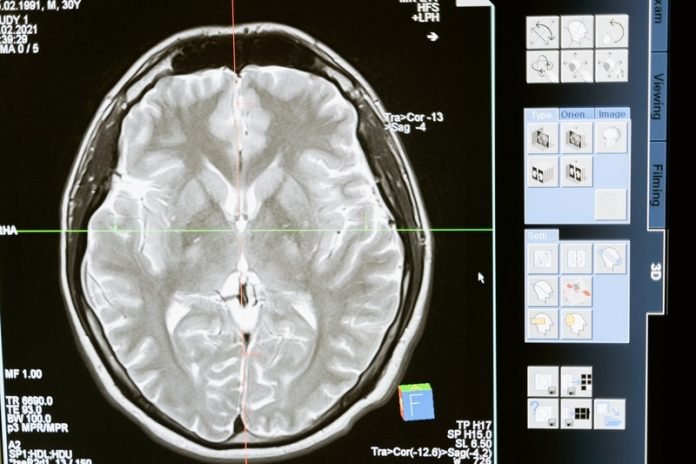
In a new study from CDC, researchers found the risk of stroke among older adults diagnosed with COVID-19 was highest within the first three days of diagnosis.
They suggest stroke following the diagnosis of COVID-19 is a possible complication of COVID-19 that patients and clinicians should be aware of.
Vaccination and other preventive measures for COVID-19 are important to reduce the risk of infection and complications including stroke.
Previous studies have examined the risk of stroke among adults with COVID-19; however, findings were inconsistent, and few focused specifically on older adults, who are at greater risk of stroke.
In the study, the team examined the risk of ischemic stroke, which is a stroke due to a blocked blood vessel, among older adults diagnosed with COVID-19 by examining the health records of 37,379 Medicare beneficiaries ages 65 and older.
The participants were, on average, 80 years old when diagnosed with COVID-19, and 57% were women.
The team compared stroke risk in the days immediately before and after COVID-19 diagnosis to the risk during the other days of the study or the control period.
The analysis found the greatest risk of stroke occurred during the first three days after COVID-19 diagnosis—10 times higher than during the control period.
Following the first three days after COVID-19 diagnosis, the stroke risk quickly declined yet remained higher compared to the control period.
Specifically, between days 4-7 the stroke risk was 60% higher, and between days 8-14, the stroke risk was 44% higher compared to the control period.
The lowest stroke risk occurred after 15-28 days when the risk of stroke was 9% higher than during the control period.
A younger subset of participants, those ages 65-74 years old, had a greater risk of stroke after COVID-19 diagnosis, compared to those ages 85 and older, and among those without a history of stroke.
These findings can inform diagnosis, treatment and care of stroke among patients with COVID-19. Further studies are needed to clarify the age-dependent risk of stroke associated with COVID-19.
If you care about Covid, please read studies about the cause of severe disease and death in COVID-19, and existing drug that could prevent COVID death.
For more information about Covid, please see recent studies about the most effective face-mask practices to reduce spread of COVID-19, and results showing this antioxidant drug may protect against stroke and heart attack.
The study was presented at the American Stroke Association’s International Stroke Conference and was conducted by Quanhe Yang et al.
Copyright © 2022 Knowridge Science Report. All rights reserved.




